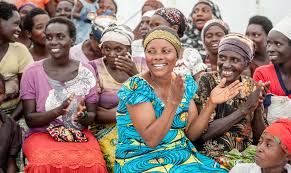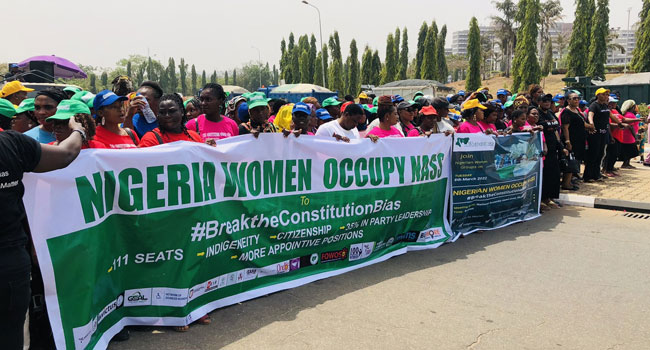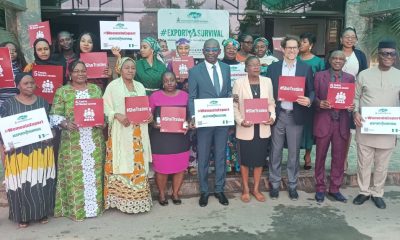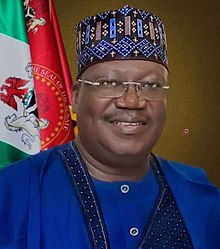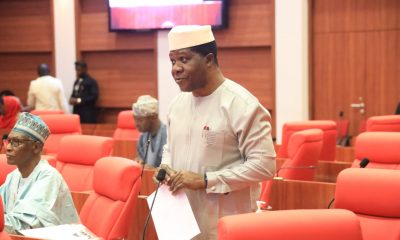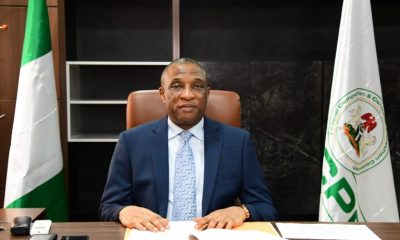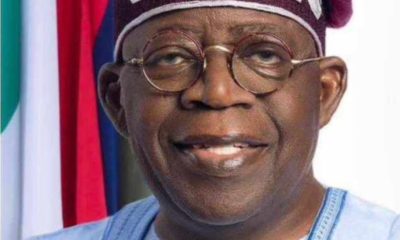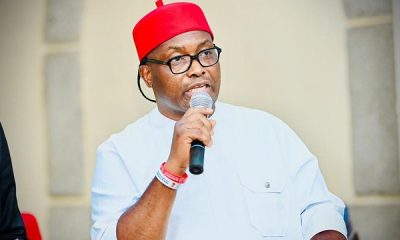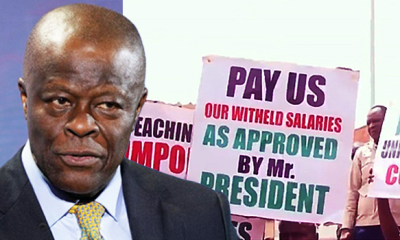The SOS Children’s Villages Nigeria in collaboration with the European Union Support to Democratic Governance in Nigeria has called for increased women’s participation in electoral process.
The call was made at the training for women and other marginalised groups on peace building, mitigation, human rights, gender and participation, on Monday, in Ibadan.
The guest speaker, Dr Esther Sanya, the representative of the National Council for Women Societies (NCWS), Oyo State chapter, said that there had been growing recognition of untapped capacity and talents of women in political leadership.
Sanya noted that women’s engagement in politics would help to advance gender equality.
“Research indicates that whether a legislator is a male or female has a distinct impact on his or her policy priorities.
“There is also strong evidence that as more women are elected to office, there is a corollary increase in policy making that emphasises quality of life and reflects the priorities of families, women, ethic and racial minorities,” she said.
Also speaking, Mr Lateef Ariori, the Director, Child Welfare Oyo State Ministry of Women Affairs and Social inclusion, said that women should be given substantial consideration in the design and execution of political participation process.
Ariori charged women organisations in the state to work toward promoting gender equality among candidates, election officials, observers and other electoral participants.
“Women have a responsibility to oversee the electoral process because gender equality and true democracy fundamentally depend on women’s political engagement,” Ariori said.
Earlier, Mrs Catherine Ogwu, the Gender Desk Officer, Independent National Electoral Commission (INEC), Oyo state, urged the women not to sell their votes or be intimidated during the forthcoming general elections.
She noted that the current Electoral Act and new technology from INEC would make 2023 general elections the most free and inclusive elections in the history of Nigeria.
The News Agency of Nigeria (NAN) reports that the training featured lectures and presentations from different women groups in the state.
(NAN)
